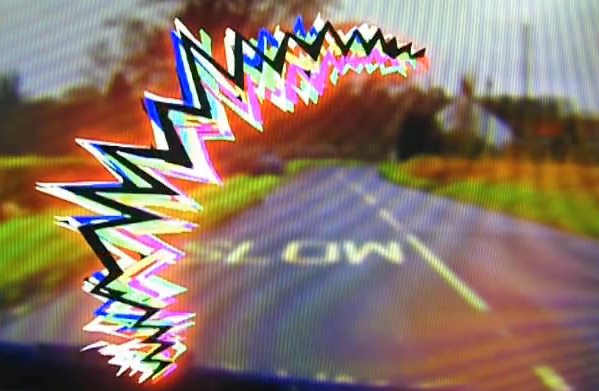Ocular migraines, also known as Retinal, Ophthalmic or Monocular migraine causes temporary blindness that lasts less than an hour with migraine headache. It is a rare problem and affects one out of 200 people having migraines. It may be more commonly found among women or people less than 40 years of age. People with family history of migraines, diseases such as epilepsy, lupus, depression, and sickle cell could be more vulnerable of having Ocular migraines.
In an ocular migraine, one may experience shimmering and flashing lights, zigzag lines, or star like patterns. Some people have also experienced psychedelic images. However it can largely interfere with one’s ability to carry out activities such as reading, writing, or driving.

Symptoms
To be able to diagnose this problem is very crucial since the symptoms are similar to a lot of other problems. Some of the symptoms are:
- Vision problems affecting one eye
- Blind spots in the field of vision
- Unusual sensitivity towards light
- Temporary blindness in one eye
- Headaches lasting for more than 72 hours usually at one side of the head, more painful and pulsating
- Nausea, vomiting, Feel moderately or very painful
- Blurring and dimming
Ocular Migraine Causes
Any particular cause has not been determined yet as to why exactly ocular migraines occur but the problem could be related to:
- Spasms in the blood vessels of the retina
- Changes affecting the nerve cells of retina
- Sudden contraction of blood vessels reducing the blood flow for the eye and that’s why later the vision returns to the normal
- Genetics. If one has a family history of this problem then they are more susceptible
- Hormonal levels that is more crucial in the case of females. The hormone estrogen that is responsible for controlling chemicals in brain also affect the sensation of pain. Also because of the menstrual cycle, pregnancy and menopause, birth control and other relevant therapies there are more chances of this kind of migraine.
- Triggers that might be causing the problem to one person might not be true in the case of someone else. It could vary from bright lights, strong smells, loud music, stress to anxiety, excessive relaxation, sudden physical pressure.
- Alcoholic beverages like red wine
- Excessive consumption of caffeine or sudden withdrawal.
- Foods with nitrates, monosodium glutamate, or MSG, tyramine and artificial sweeteners
- Head injury, brain or hemorrhagic stroke such as a damaged artery in the brain or even a blocked artery in the brain for that matter.
- Aneurysm: that happens when there is bulging of a part of an artery because of weakness in the blood vessel wall.
- An abnormally tangled veins and arteries also known as arteriovenous malformation
- Tear in the artery that gives blood to the brain also known as arterial
- When the blood vessels are inflammated in the vein or cerebral or excess of cerebrospinal fluid in the brain also known as hydrocephalus
- Infections such as meningitis, encephalitis that cause inflammation
- Seizures and unusual fluid leak in the spinal area or even the neck, head due to exposure to toxic substances
Effects
A lot of people who get severely affected by this problem are prone to permanent loss in vision in one eye. Tricyclic antidepressants and anti-seizure medications are still not trusted like in other headaches for relief. Although they sound frightening, such migraines attack can just be temporary and not always harmful. Permanent loss in eye sight is rare. It is different from other aura migraines as it might not cause headache. This is also a reason why its diagnosis is so important as it might appear similar to other severe eye diseases or strokes.
Some recent studies have reported that this type of migraine can lead to heart attacks or strokes. Women who already have migraine and take birth control pills are also more vulnerable to have blood clots.
Ocular migraine treatment
Due to its short term it cannot really be treated but the headache can be looked after. The main concern is to reduce any kind of exposure to triggers or sudden change in light. Stress, smoking, too much exertion should be avoided, also too much pill popping for birth control as it affects hormones. One must also try not to be dehydrated and should stay away from excessive heat as it can also lead to low blood sugar. Caffeine, alcohol, and sweeteners if taken in excess can also cause ocular migraine.
Drugs used to treat high blood pressure such as Anti-convulsants, anti-depressants, and anti-inflammatories, can also be taken as a preventive measure after diagnosis.
Hello, (67 yr old F), I’m having an ophthalmic migraine right now, but no headache at all. This is the 8th one in the last year or so, never have a headache. Count myself lucky, but is this common? They usually start out small and grow, but this last one was big and got smaller, and now is gone. Thank you for the photo, it comes close, but mine vibrate and strobe rapidly. Very pretty, but I wouldn’t drive a car while having one, that’s for sure.
Guess I won’t worry too much about this unless I start getting more of them.
right?
thanks, maggi